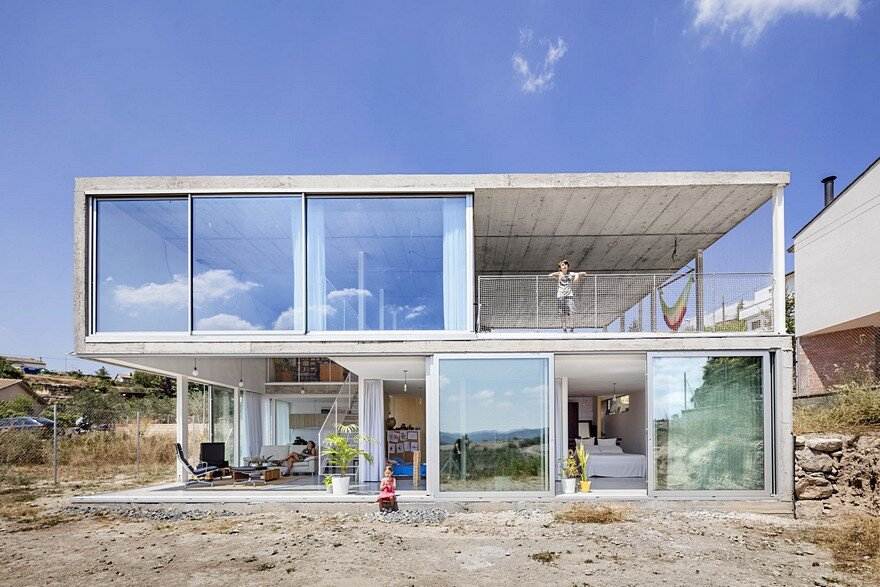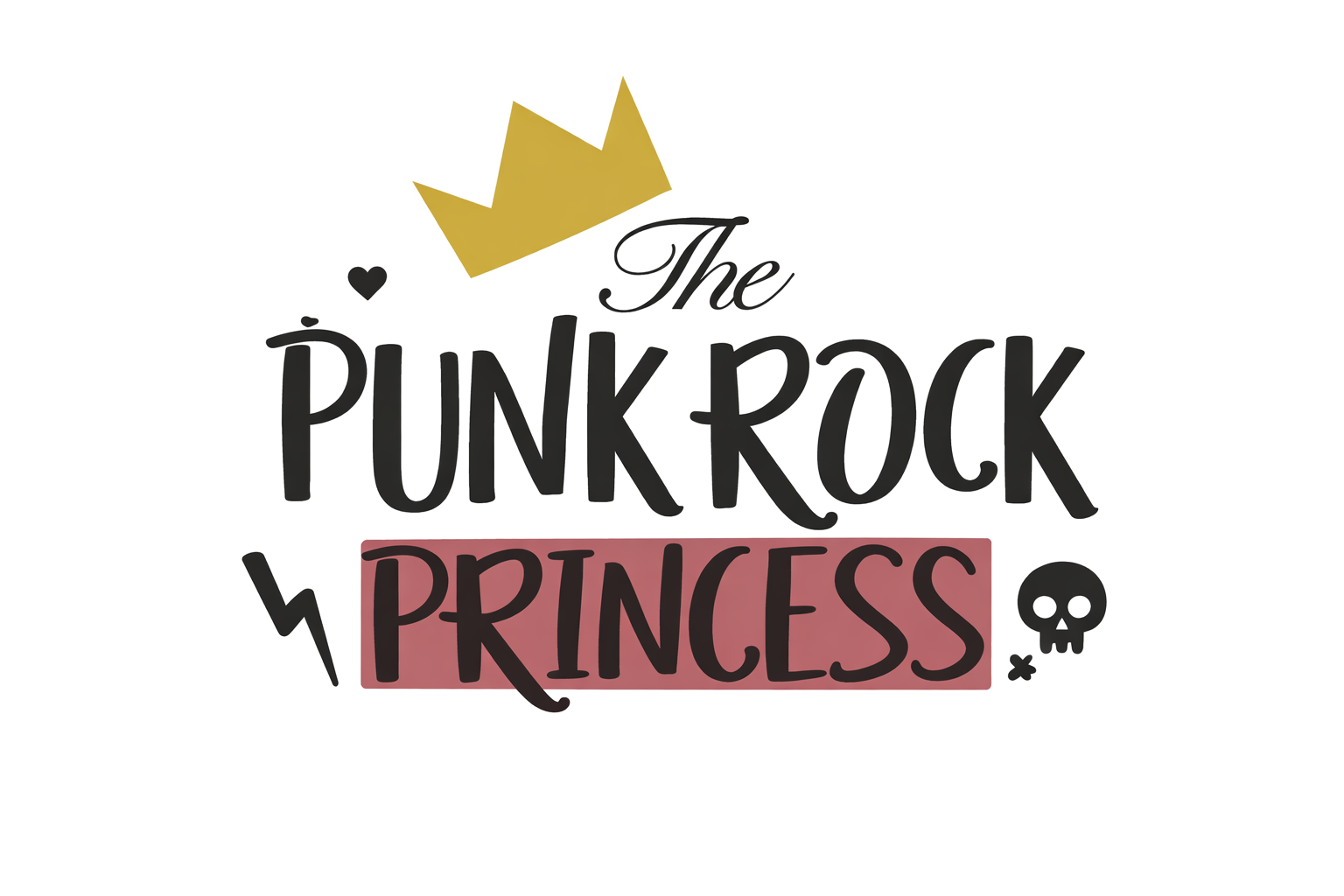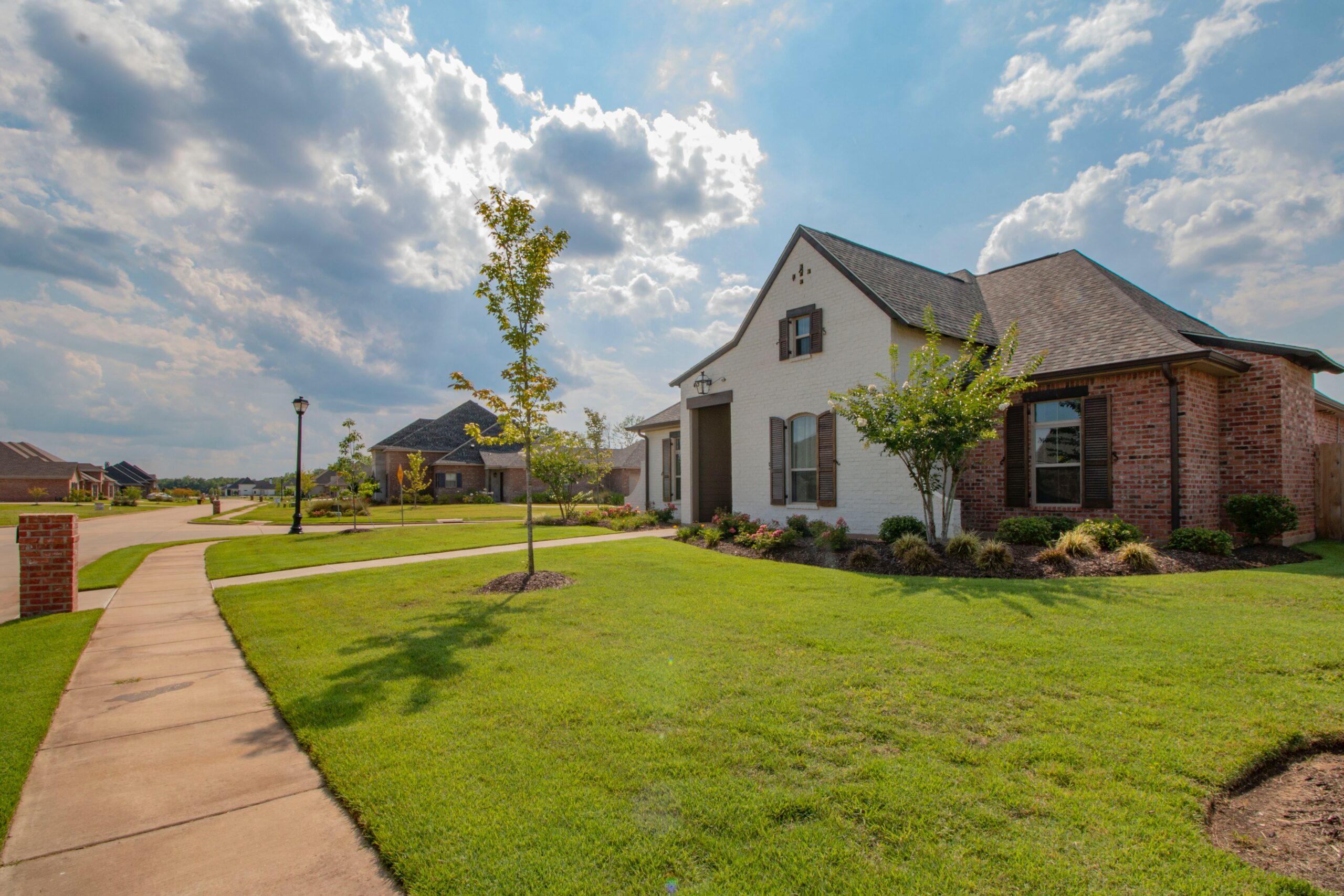Buying a house is kind of like dating. At first, it’s exciting, nerve-wracking, and full of “is this the one?” moments. You scroll through endless listings, fall in love with a photo, and picture yourself cooking in that Pinterest-perfect kitchen. But just like love, houses aren’t always what they seem. That dreamy apartment might come with leaky pipes. That spacious villa? It could sit in the noisiest neighbourhood in town.
That’s why buying personal real estate — whether it’s your first home, your forever home, or just the next step in your journey — is about balancing your heart with your head. Here’s a fun, real-world guide on what to look for when you’re ready to sign those papers (and maybe pop a bottle of bubbly afterwards).

Location and lifestyle
Let’s get the golden rule out of the way first: you can change almost everything about a home except its location. You can repaint the walls, redo the kitchen, even knock down walls if you’re brave enough. But if the neighbourhood is unsafe, noisy, or simply not “you,” no amount of renovation will fix that.
Spend time walking around at different hours. Morning vibes feel very different from late-night traffic. Notice the lighting, the people, the parks, and the local shops. Can you grab coffee nearby? Is there a grocery store that won’t make you trek across town for milk? Do you feel safe walking home after dark? If the answer is yes, that’s already half the battle won.
And don’t forget to look into the future. Are there new schools, shopping centres, or transport links being built? Development can boost property values and make your life easier. But too much “upcoming” might also mean years of construction dust. Balance is key.
Size and space
You can have an impact on space’s size. In different people, the problem looks different. Older people living alone would do well in small apartments that required lower maintenance.
A home should have enough space to grow with you. Families need extra bedrooms, while singles may prefer a smaller, low-maintenance place. If you have 5 children, you do not want to crowd them into 2 bedrooms. If you are a confirmed bachelor, then you do not need 5 bedrooms.
Size is an important consideration when choosing a house that meets your needs.
Neighbourhood matters
The saying goes: you can change the house, but you can’t change the location. When you buy, you’re also buying into the neighbourhood. Factors to consider include:
- Safety – Do crime rates make you feel secure?
- Community feel – Are there families, parks, and amenities that fit your lifestyle?
- Growth potential – Is the area being developed, or is it in decline?
Choosing a home in a strong, stable neighbourhood isn’t just about comfort—it also protects your investment for the long term.

Investment value
Real estate is more than just a roof over your head—it’s also one of the largest investments you’ll ever make. Ideally, your property should increase in value over time.
Before buying, research:
- The area has seen recent price trends.
- The value of nearby properties has either increased or decreased.
- Future worth could be enhanced by upcoming developments such as new schools, shopping centres, or transport links.
If an area has been declining for years, you’ll want to dig deeper into why. Occasionally, it presents a chance to purchase at a discount prior to a resurgence, but it can also serve as a warning sign.
Schools, commutes, and daily life
Even if kids aren’t in the picture yet, school districts matter. They shape resale value and neighbourhood culture. The same goes for commutes. That gorgeous countryside home loses its shine fast if you’re stuck in traffic two hours a day.
Think about your daily routine. Where’s your gym, your favourite café, or your best friend’s place? Can you see yourself doing your “Tuesday life” here — not just your “holiday life”? If the area supports your rhythm, it’s going to feel like home a lot sooner.

Budget and costs
Home is a big consideration for most people searching for a home. This will allow you to get the best value possible but you should do this in such a way that you are not slave labour, Windows and doors Markham.
Are a great help to getting the things you need done around your property. You need to have the ability to maintain the home in good condition. If you can afford to live comfortably in the area, you will have the best real estate situation.
Future satisfaction
Beyond the numbers and checklists, ask yourself: Can I see myself living happily here for years to come? Things like proximity to shops, restaurants, transport, and even the “feel” of the area matter. It’s about creating a home that doesn’t just meet your needs—it supports the life you want to live.
The bottom line
Buying personal real estate is a big decision, but it doesn’t have to be terrifying. Think location, size, quality, cost, lifestyle, and value. Use your head for the checklists, but let your heart have a say too.
Because at the end of the day, this isn’t just about buying property. It’s about building a life. The right home won’t just look good in photos — it will feel right on Tuesday mornings, Sunday nights, and every little moment in between.
Related articles you might like
- 5 Common First-Time Homebuyer Mistakes
- How to Budget for Your First Home
- Best Neighbourhood Features for Long-Term Value















